I’m excited to share that researchers at Stanford University recently published a first-of-its-kind study that utilized our Tapestri Platform to help identify and characterize relapse-driving cells in Acute Myeloid Leukemia (AML) patients. Their findings, published in Blood Advances, show that single-cell DNA sequencing is crucial for assessing Minimal/Measurable Residual Disease (MRD) in AML patients.
We’ve noted previously how, over the past two decades, great strides have been made in the fight against cancer. With more advanced tools, researchers have achieved a more profound understanding of the disease; with that understanding has come more targeted – and in turn, effective – treatments aimed at specific DNA mutations. But still, relapse remains a prominent issue in AML.
Evidence suggests that MRD is an independent risk factor for relapse and is essential for guiding treatment decisions. Recently, the FDA finalized guidance for the use of MRD in clinical trials, emphasizing the need to distinguish pre-leukemic cells from leukemic cells. As a result, the pharma industry has been adopting molecular MRD for clinical trials, and the need has never been greater for highly sensitive and specific techniques to assess MRD and distinguish pathogenic cells from disease precursors.
The teams at Stanford sought to do just that. In their work, they found that the Tapestri Platform’s unique single-cell sequencing capabilities supported traditional bulk sequencing data and provided a clearer picture of clonal architecture from diagnosis to remission, including relapse. These novel insights show promise for use as biomarkers in clinical trials aimed at specific mutations.
This work uncovers massive potential to detect disease remaining after treatment, better inform treatment decisions, and develop more targeted, impactful therapies. Ultimately, the insights afforded by single-cell DNA sequencing give us new levels of insight into cancer, with applications from research all the way to the clinic.
We are proud to empower those researchers dedicated to uncovering the complexities of cancer. At Mission Bio, our commitment is to push the industry forward, as every day is an opportunity to understand and outsmart cancer.










